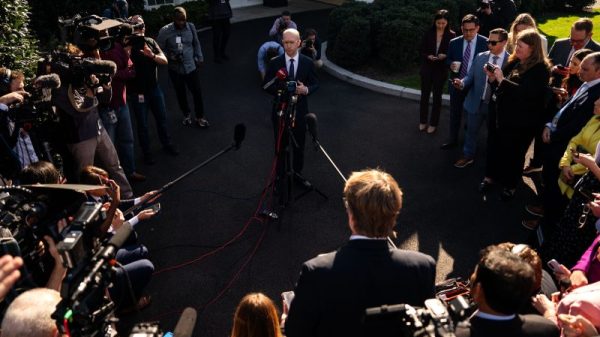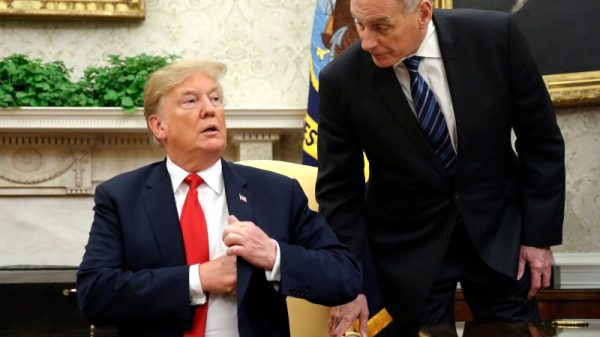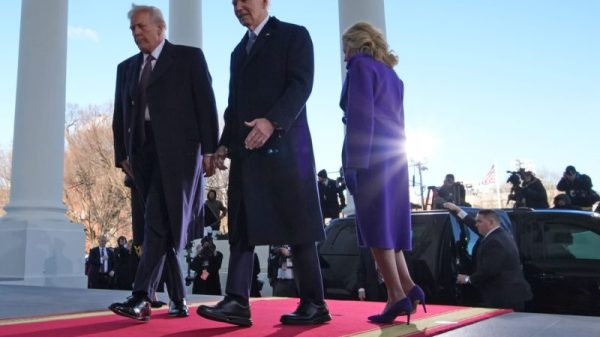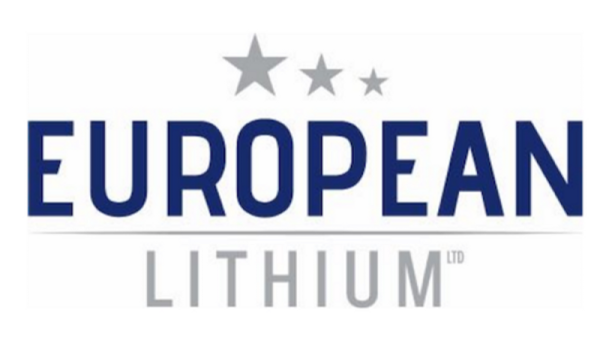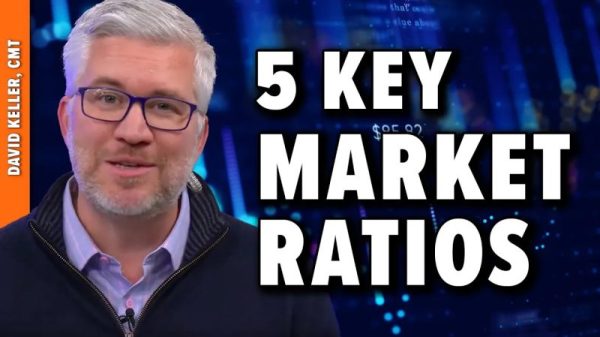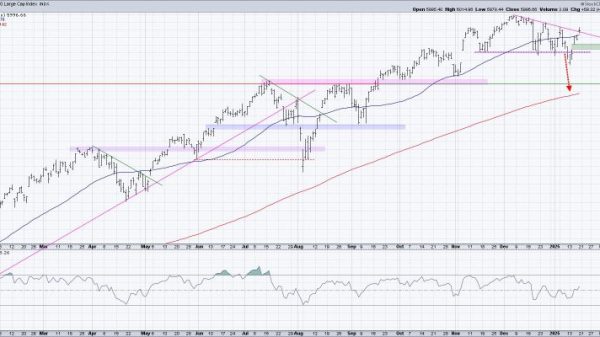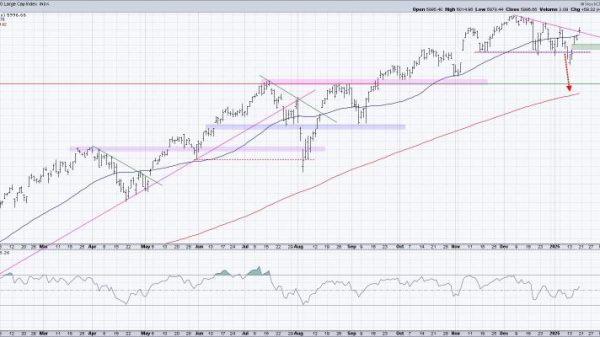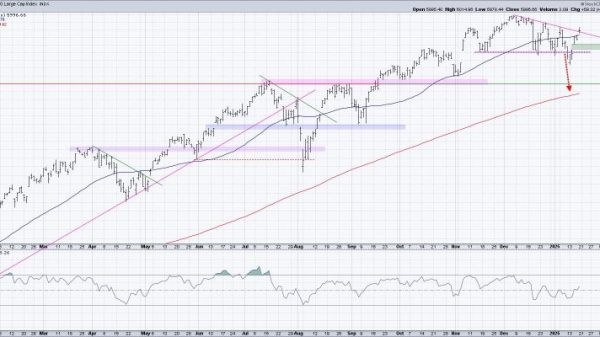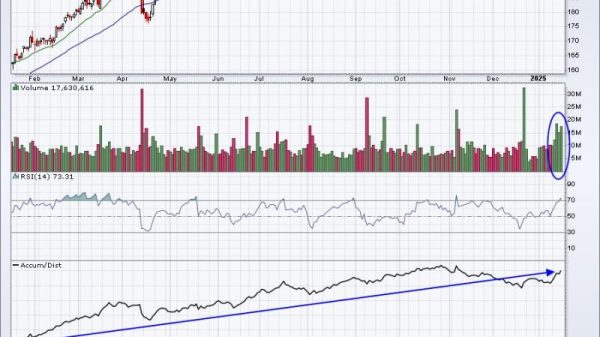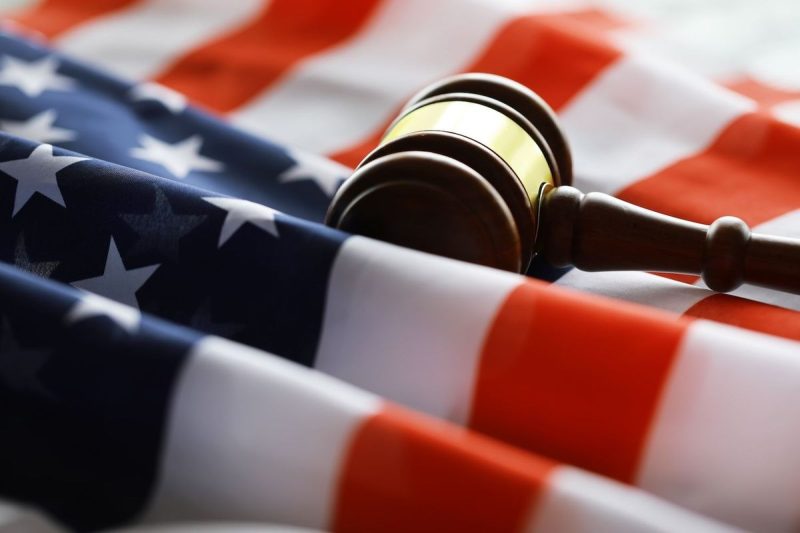As part of its national security strategy, the US government is set to introduce new measures targeting advanced chipmakers, and has added restrictions on connected vehicle technology.
The actions come in the final days of President Joe Biden’s administration, and represent a concerted effort to curtail access to sensitive technologies by foreign adversaries.
US planning to add more advanced chip restrictions
According to Bloomberg, the new chip rules from the US government will build on sales limits for advanced artificial intelligence (AI) chips that were announced earlier this week.
Those restrictions limit AI chip sales from companies like NVIDIA (NASDAQ:NVDA) to global data centers, with specific curbs on sales to China. The upcoming rules are also directed at advanced chip-making companies — their aim is to push the companies to increase due diligence efforts on their customers.
The measures are designed to address instances of advanced chips being diverted to Chinese entities such as Huawei Technologies, which is blacklisted by the US government.
They come after chips made by Taiwan Semiconductor Manufacturing Company (TSMC) (NYSE:TSM,TPE:2330) found their way into Huawei products — this incident prompted the US Department of Commerce to instruct TSMC to halt chip production at the 7 nanometer threshold for Chinese firms.
Under the planned new rules, chips with technology thresholds of 14 to 16 nanometers or smaller will be presumed restricted, requiring manufacturers to obtain government licenses to sell them in China.
This extends to chips deemed powerful enough to support AI or other advanced applications.
Manufacturers can bypass the restrictions if their chips meet certain criteria, such as having fewer than 30 billion transistors, or being processed by approved packaging facilities.
The measures aim to bolster due diligence practices among chipmakers to ensure compliance with US trade curbs.
Biden admin finalizes connected vehicle technology regulations
In a parallel development, on Tuesday (January 14), the Biden administration finalized regulations to safeguard US connected vehicle supply chains against exploitation by China and Russia.
The rules, issued by the Department of Commerce, prohibit the sale and import of connected vehicle hardware and software systems, as well as entire connected vehicles, from entities associated with these nations.
The rules focus on vehicle connectivity systems and automated driving systems, which enable functions such as satellite communication, Bluetooth and autonomous driving. Starting with model year 2027, the US will prohibit the import or sale of connected vehicles and components involving Chinese or Russian entities.
A complete ban on such hardware will take effect by model year 2030. The regulations aim to prevent foreign adversaries from gaining access to sensitive data and critical infrastructure.
The Department of Commerce has highlighted risks including potential mass collection of geolocation data, audio and video recordings and other personal information by malign actors.
Securities Disclosure: I, Giann Liguid, hold no direct investment interest in any company mentioned in this article.


